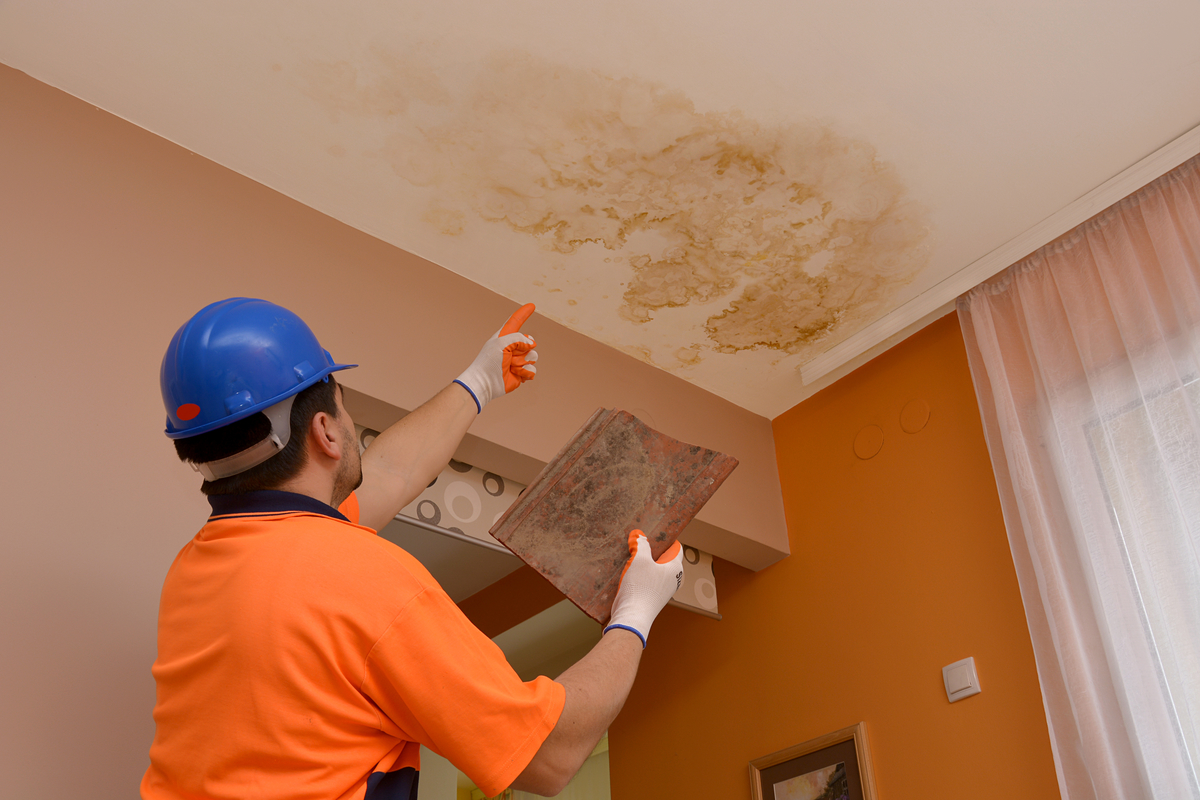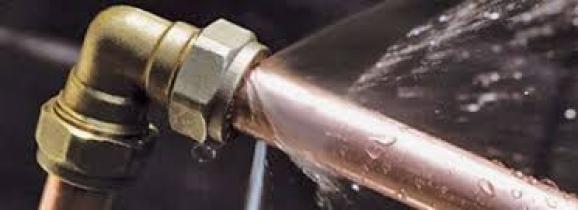Your Residential Primary Typical Leak Factors: Investigation
Your Residential Primary Typical Leak Factors: Investigation
Blog Article
Everybody will have their private conception about How Fast Water Damage Can Ruin Your Home.

Leakages not only trigger waste of water however can likewise create unnecessary damage to your home as well as advertise undesirable natural growth. By understanding and looking for everyday situations that create leakages, you can secure your residence from future leakages as well as unneeded damages.
Immediate temperature level adjustments.
Extreme temperature level modifications in our pipelines can cause them to increase as well as acquire all of a sudden. This growth and tightening might trigger splits in the pipelines, specifically if the temperature are below freezing. If you maintained an eye on just how your plumbing works, it would be best. The existence of the formerly stated situations regularly suggests a high danger.
Rusty water supply
As time passes by, your plumbing system ages and also deterioration such as rust may start eating away the pipes. This may be the reason for discoloration or warping on your pipes. This requires an inspection with your plumber quickly. If our plumbing system is old, think about changing the pipelines since they are at a greater risk of corrosion than the more recent models.
Defective Pipe Joints
Pipe joints can wear away over time, resulting in water leakages. If you have noisy pipes that make ticking or banging noises, specifically when the hot water is turned on, your pipeline joints are most likely under a lot of pressure.
Elbowing in roots
Many water leakages begin outside the home instead than inside it. You might notice damp patches or sinkholes in your backyard, as well as that may mean that tree roots are invading water lines causing water to seep out.
Poor Water Connectors
Sometimes, a leakage can be brought on by loose tubes and also pipes that provide your home appliances. Most of the time, shifting is what causes the loose water Connections. You could locate in the case of a cleaning machine, a hose might spring a leakage because of shaking during the spin cycle. In case of a water links leakage, you may notice water running directly from the supply line or pools around your appliances.
Blocked Drains
Clogged drains could be frustrating as well as inconveniencing, yet they can sometimes end up causing an overflow resulting in break pipelines. Maintain removing any type of products that may drop your drains pipes that can clog them to stay clear of such inconveniences.
All the above are root causes of leaks yet not all water leaks arise from plumbing leaks; some leakages might originate from roofing system leakages. All leakages should be repaired promptly to prevent water damages.
Leaks not just trigger waste of water however can additionally create unnecessary damage to your house and also promote undesirable organic development. By comprehending and also looking for day-to-day situations that cause leakages, you can protect your house from future leaks and unneeded damage. Today, we will look at 6 leakage causes that might be triggering your pipes to drip.
At times, a leak can be caused by loosened hose pipes and also pipelines that supply your appliances. In situation of a water links leak, you might see water running straight from the supply line or puddles around your appliances.
How To Check For Water Leak In Your Home
How To Check for Leaks
The average household's leaks can account for nearly 10,000 gallons of water wasted every year and ten percent of homes have leaks that waste 90 gallons or more per day. Common types of leaks found in the home are worn toilet flappers, dripping faucets, and other leaking valves. These types of leaks are often easy to fix, requiring only a few tools and hardware that can pay for themselves in water savings. Fixing easily corrected household water leaks can save homeowners about 10 percent on their water bills.
To check for leaks in your home, you first need to determine whether you're wasting water and then identify the source of the leak. Here are some tips for finding leaks:
Take a look at your water usage during a colder month, such as January or February. If a family of four exceeds 12,000 gallons per month, there are serious leaks.
Check your water meter before and after a two-hour period when no water is being used. If the meter changes at all, you probably have a leak.
Identify toilet leaks by placing a drop of food coloring in the toilet tank. If any color shows up in the bowl after 10 minutes, you have a leak. (Be sure to flush immediately after the experiment to avoid staining the tank.)
Examine faucet gaskets and pipe fittings for any water on the outside of the pipe to check for surface leaks.
Undetected water leaks can happen without the home or business owner even realizing. If you suspect a water leak, but not able to find the source. It is time to contact a professional water leak detection service, The Leak Doctor.
How To Find a Water Leak In Your Home
https://www.leakdoctor.com/blog/How-To-Check-For-Water-Leak-In-Your-Home_AE197.html

I ran across that blog post on Common Water Leaks In House while browsing on the web. Enjoyed reading our review? Please share it. Let others locate it. Thanks a bunch for your time. Visit us again soon.
Click For More Info Report this page